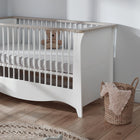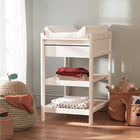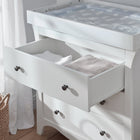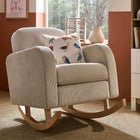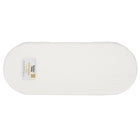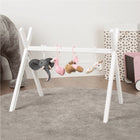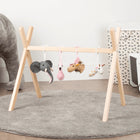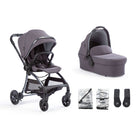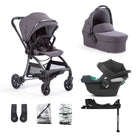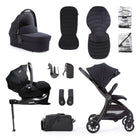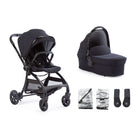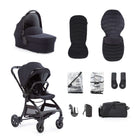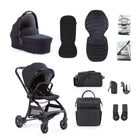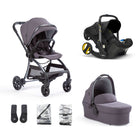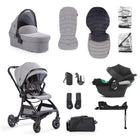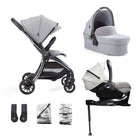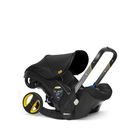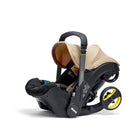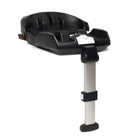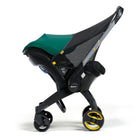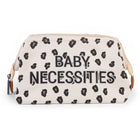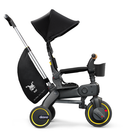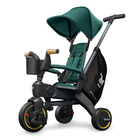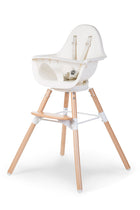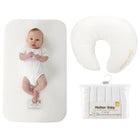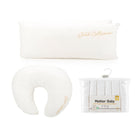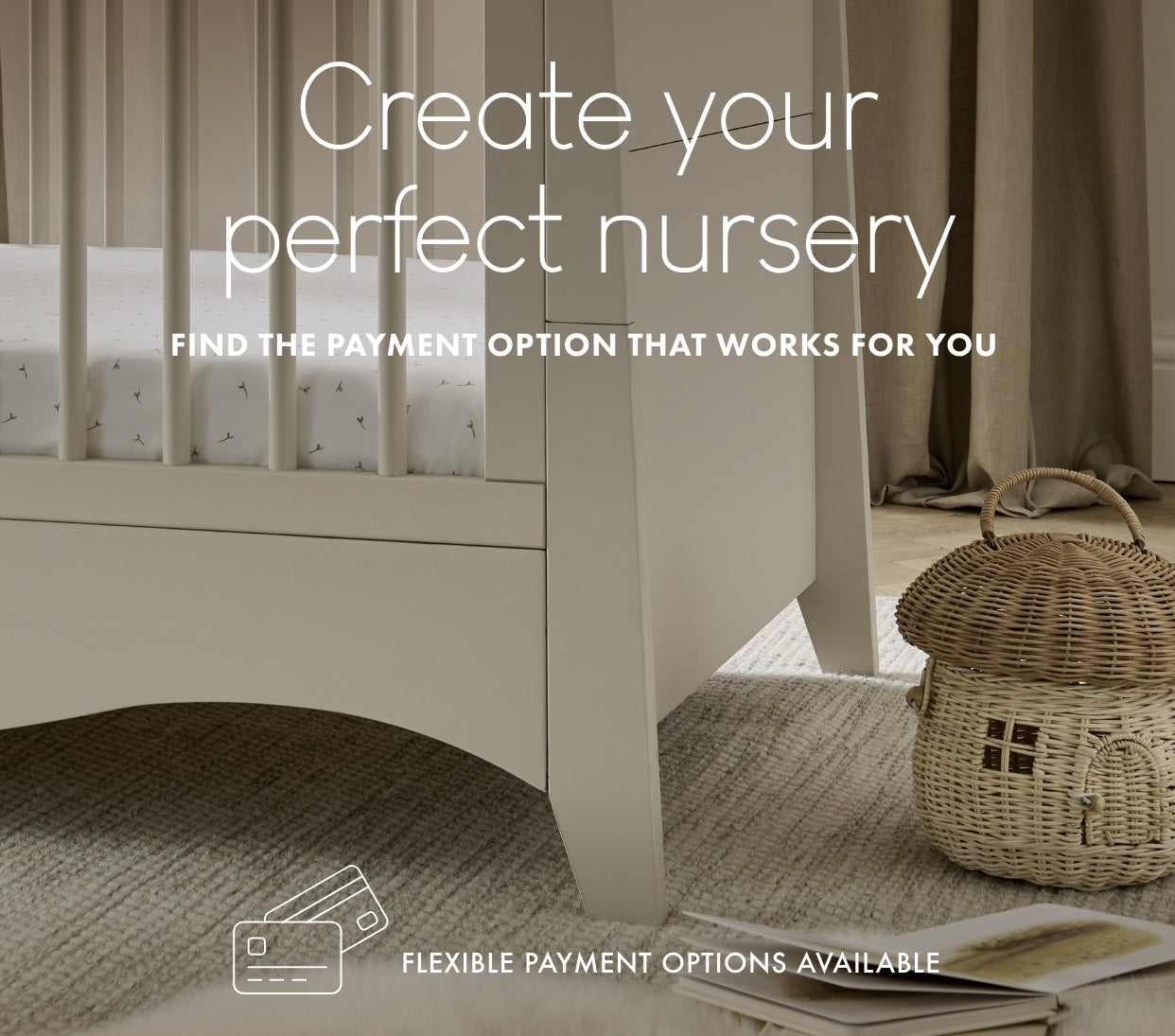Becoming a parent can be a time of great excitement and joy. However, it is also a time of significant change and adjustment for the whole family. It is normal for new mothers (and fathers) to feel overwhelmed because many life changes are happening in such a short space of time.
As a result, It’s common to feel overwhelmed, tearful and low for a few days after your baby is born — this is sometimes called the ‘baby blues’. Baby blues usually start two or three days after your baby is born and are over within two weeks. But postnatal depression is more than the baby blues.
Unlike the baby blues, postnatal depression rarely disappears on its own. The condition can occur days or even months following the birth of your child and last for many weeks or months without treatment.
What is Postnatal Depression?
Postnatal depression is a type of depression which affects more than one in ten women after having a baby. At a time when your close friends and family expect you to be feeling happy, you may be feeling very low. But with the right help and support, postnatal depression can be treated successfully.
The symptoms are similar to those in depression at other times. These include low mood and other symptoms lasting at least two weeks. Depending on the severity, you may struggle to look after yourself and your baby. You may find simple tasks difficult to manage.
Postnatal depression is an illness that can happen to anyone and it’s not your fault. It’s crucial to get help quickly from your midwife or GP if you think you might be depressed. This is because postnatal depression can seriously affect you, your baby and your family. There are successful treatments that will help you feel better.
What Causes Postnatal Depression?
It’s not known precisely what causes postnatal depression.
A commonly held myth is that it’s purely linked to changes in the levels of pregnancy hormones. In reality, though, it is a complex condition and experts believe there are many other physical and emotional factors involved.
Keep in mind that it can seem to start for no reason at all, and it’s also possible to have some or all of the problems or risk factors below without developing postnatal depression. Some of the potential risk factors include a history of mental health problems, lack of a support network, recent stressful events, physical causes, and having twins.
What are the Symptoms of Postnatal Depression?
Unfortunately, women, their families, and sometimes even health professionals, don’t spot that a new mum has postnatal depression, so many women end up waiting much longer than they should before they get treatment.
There are many reasons for this. For example, some women often wrongly assume their symptoms are a normal part of adjusting to having a new baby, causing them to brush their feelings off as the ‘baby blues’ instead of getting support. The following are some of the most common signs and symptoms of postnatal depression, to look out for:
- Poor sleep – it’s very common to have poor sleep with a new baby, but in postnatal depression, you may not be able to sleep even when your baby is asleep.
- Excessive fatigue and low energy – again, this is common when you have a baby, but can be debilitating when you have postnatal depression.
- Persistent sadness and low mood – which can be overwhelming and can affect your ability to function.
- Loss of interest and enjoyment in things that were once important to you – you may not want to do things that used to give you pleasure, and you may not enjoy spending time with your new baby.
- Irritability – finding that you are becoming angry more easily, and ‘snapping’ at people for no reason.
- Negative thoughts – it’s common in postnatal depression to think you’re a bad mother or your baby won’t love you. You may also doubt your ability to cope with having a baby, and convince yourself that other people are judging you.
- Guilty thoughts – you may feel guilty that you’re not happy and excited, and think this is your fault, even though it isn’t.
- Self-neglect – if you have severe postnatal depression, this may prevent you from looking after yourself. You may not eat well, take care of your appearance or personal hygiene and find it hard to get out of bed and manage usually easy daily activities.
- Hopelessness – it may seem that things will never get better or that life is not worth living.
- Suicidal thoughts and self-harm – you may think about ways to harm yourself. These thoughts are common in depression, and not everyone acts on them. It’s essential to seek help if you have an urge to harm yourself.
<H2> Treatments For Postnatal Depression
You may find that treatment for postnatal depression takes a bit longer than you expected. For most parents, it usually lasts about three to six months, but for some, it may be a year or longer.
The type of help and treatment you need will depend on how severe your postnatal depression is and if you’ve had depression before. Your GP or health visitor can explain what help and support are available, and together you can make a decision that’s right for you.
Self-help
There are many things you can do to help yourself cope with postnatal depression. Here are some suggestions talk to your partner, friends or family about your feelings and how they can help you, sleep or rest whenever you can, find local groups for new parents. Ask someone to go with you if you find it difficult at first and get some regular exercise.
The most important thing is to be kind to yourself — you’re going through a tough time. And try not to blame others or take it out on your partner and family who support you.
Talking treatments
Talking therapies can be used to treat mild or moderate postnatal depression. An example is cognitive behavioural therapy (CBT). CBT looks at how you think about a situation, how you act and how these things can affect each other. You will work with a therapist to change the way you think about things and how you behave.
Medicines
If you have severe postnatal depression, your doctor may prescribe antidepressant medicines. Alternatively, you can request these medicines if you think you have severe or moderate depression. Your GP may offer antidepressants if you have mild or moderate depression and other treatments haven’t worked for you. You can have talking therapies at the same time as taking antidepressants.
Some antidepressants take at least two weeks to start working and you may need to take them for several months. To help prevent your postnatal depression returning, your doctor may advise you to keep taking them for some time once you start to feel better.
If you’re breastfeeding, let your doctor know. Small amounts of the medicine can be passed on to your baby through your breast milk. Some antidepressants are thought to be safer for your baby than others. Your doctor will advise which medicines are best to take while you’re breastfeeding.
Further Help and Support
Postnatal depression can make the already stressful period immediately following childbirth even more difficult. The sooner you seek medical advice and get help with managing your depression, the sooner you can begin to enjoy your baby and motherhood.
You might find attending one of NCT’s Early Days groups helpful as they give you the opportunity to explore different approaches to important parenting issues with a qualified group leader and other new parents in your area.
You can also contact specialist organisations like PANDAS for more help and support with postnatal depression.
At CuddleCo, our experts have been supporting new parents for over 30 years, providing them with high-quality nursery furniture and baby products designed to last, to help alleviate some of the stress that comes with looking after a baby. Shop our range now for free shipping on all orders over £50.



